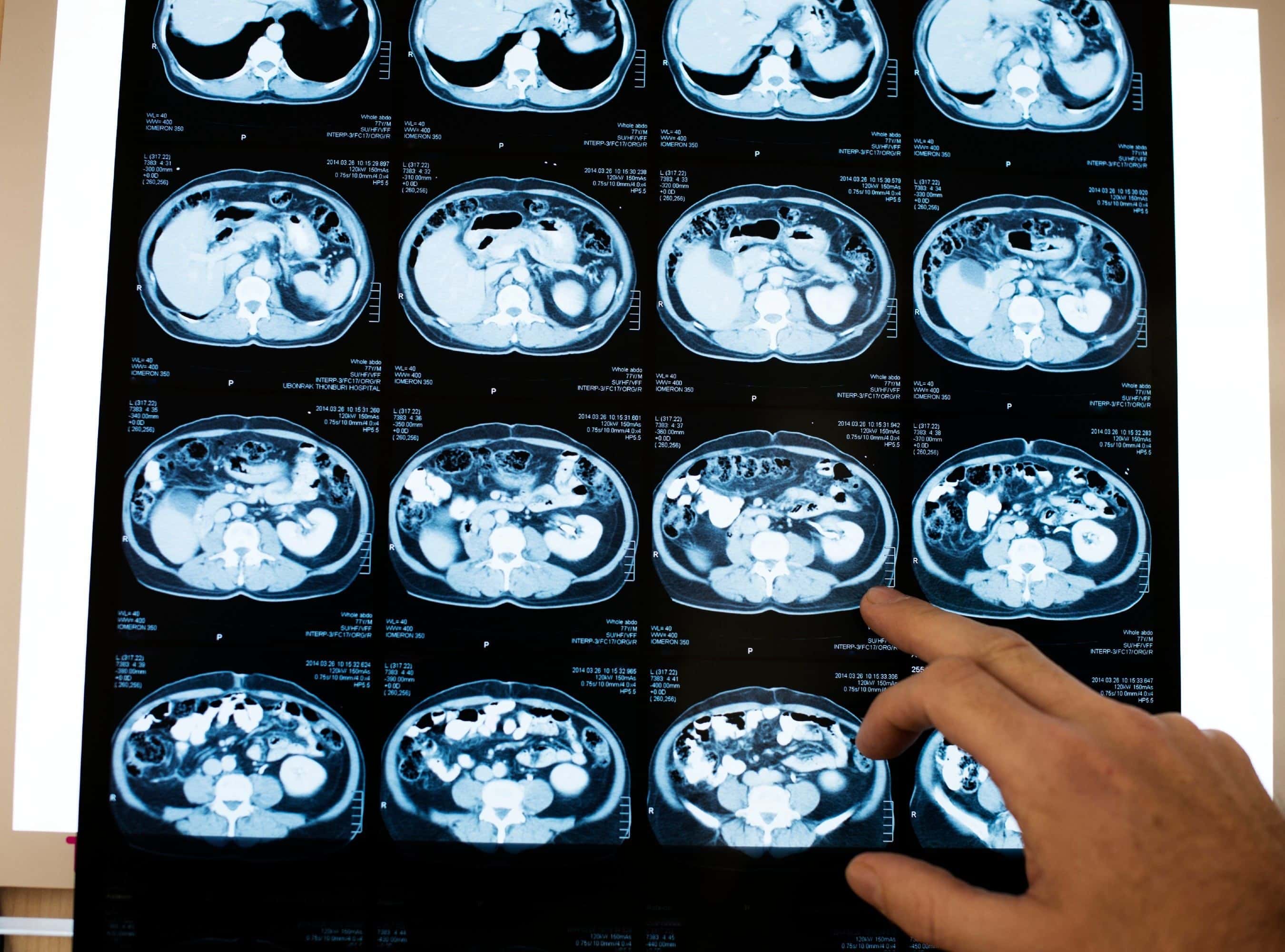Neuropsychologist Expert’s Testimony Challenged as Speculative and for Lacking Certainty
In this case, the defendant retains a neuropsychologist expert witness who treated the plaintiff following a car accident. The outcome of the plaintiff’s admissibility challenge, however, depends largely on the role expert was retained to serve.
Updated on
Court: United States District Court for the District of KansasJurisdiction: FederalCase Name: Barcus v. Phoenix Ins. Co.Citation: 2019 U.S. Dist. LEXIS 12215
Here, the expert was retained to speak on the plaintiff’s cognitive condition as she observed over the course of treatment. Therefore, the plaintiff’s claims of speculation and insufficient certainty did not stand in the eyes of the court. As the court explains, the defense did not present this expert to establish causation. This burden belongs to the plaintiff.
Facts
The plaintiff filed this case in the aftermath of a motor vehicle collision. He bought this suit seeking underinsured motorist benefits from his insurer, the defendant. Here, the plaintiff argued the accident caused traumatic brain injuries resulting in vestibular problems and lifelong cognitive deficits. The defendant contested the nature and extent of the plaintiff’s injuries. Further, they disputed the appropriate amount to reimburse the plaintiff. The defendant retained a neuropsychologist expert witness to help support their case.
The Defendant’s Neuropsychologist Expert Witness
The neuropsychologist expert witness was one of the plaintiff’s primary health care practitioners. The plaintiff saw the expert for assessment and treatment for their vestibular symptoms, such as dizziness and difficulty concentrating. The neuropsychologist expert testified that upon the first examination, she diagnosed the plaintiff with post-concussive syndrome. The expert also relied on test results and the plaintiff’s own reports for her diagnosis.
Further, the neuropsychologist expert testified that two years later, these symptoms were no longer consistent with post-concussive syndrome. She also explained that when she discharged the plaintiff, he did not present these symptoms.
The plaintiff contested the expert’s admissibility on the basis that it was inaccurate. Specifically, the plaintiff claimed the expert’s opinions on his condition were speculative and not founded on adequate facts or data.
Discussion
The court noted that, per Cohen v. Lockwood, practicing physicians are qualified to testify as to any medical opinions developed in the course of treating a patient. Further, the court observed that the expert’s evaluation, diagnosis, and cognitive assessment of the plaintiff informed her opinions. The court found these opinions helpful and reliable.
Next, the court addressed the plaintiff’s claim that the expert’s opinion did not have a sufficient degree of confidence. The court explained this does not make the testimony inadmissible. Rather, this should only impact the testimony’s weight—an area for the jury to decide.
Moreover, the court denied the plaintiff’s claim that the expert could not comment on alternative explanations for his vestibular complaints. Also, the expert testified that she found other reasons for the plaintiff’s reported symptoms, including conversion disorder and depression. The expert did not offer opinions on the significance or possibility of these factors. However, the court noted that as the defendant explained, this testimony was not meant to establish causation. The plaintiff, not the defendant, bore the burden of determining with the required degree of certainty that the accident caused his vestibular symptoms.
Ruling
The court denied the plaintiff’s motion to exclude the neuropsychologist expert witness’s testimony.
Key Takeaways for Experts
This case highlights the importance of testimony’s intended purpose. Here, the defense retained the expert only to speak on the plaintiff’s condition as she observed it. Therefore, the plaintiff’s multitude of objections was not applicable.
About the author
Wendy Ketner, M.D.
Dr. Wendy Ketner is a distinguished medical professional with a comprehensive background in surgery and medical research. Currently serving as the Senior Vice President of Medical Affairs at the Expert Institute, she plays a pivotal role in overseeing the organization's most important client relationships. Dr. Ketner's extensive surgical training was completed at Mount Sinai Beth Israel, where she gained hands-on experience in various general surgery procedures, including hernia repairs, cholecystectomies, appendectomies, mastectomies for breast cancer, breast reconstruction, surgical oncology, vascular surgery, and colorectal surgery. She also provided care in the surgical intensive care unit.
Her research interests have focused on post-mastectomy reconstruction and the surgical treatment of gastric cancer, including co-authoring a textbook chapter on the subject. Additionally, she has contributed to research on the percutaneous delivery of stem cells following myocardial infarction.
Dr. Ketner's educational background includes a Bachelor's degree from Yale University in Latin American Studies and a Doctor of Medicine (M.D.) from SUNY Downstate College of Medicine. Moreover, she is a member of the Board of Advisors for Opollo Technologies, a fintech healthcare AI company, contributing her medical expertise to enhance healthcare technology solutions. Her role at Expert Institute involves leveraging her medical knowledge to provide insights into legal cases, underscoring her unique blend of medical and legal acumen.
Subscribe to our newsletter
Join our newsletter to stay up to date on legal news, insights and product updates from Expert Institute.
Sign up nowFind an expert witness near you
What State is your case in?
Subscribe to our newsletter
Join our newsletter to stay up to date on legal news, insights and product updates from Expert Institute.



